Main Model United Nations was hosted from February 8, 2018 to February 11, 2018 in Frankfurt am Main and was organised by Goethe University Frankfurt am Main. Around 300 delegates from all over the world attended this event. The delegates this year hailed from a diverse range of countries from different continents. The topics discussed during the conference resulted in heated debates between delegates presenting opposing views and beliefs. However, everybody was engaged in debates respectfully enhancing their inter-cultural understanding and appreciating different points of views. The MainMUN was once again an important platform for political exchange of students for a weekend in the Goethe University with its historical significance in the international city of Frankfurt am Main,
“The MainMUN has once again brought an international, student flair to the Goethe University this year. Again and again, it is impressive to see how committed the students are from early morning until late in the evening to act as real delegates and to represent their own interests with diplomatic respect,” – says Prof. Dr. Tanja Brühl, who initiated the project “Uni goes UNO” at the Goethe University.
What makes such events as Model of United Nations conference really a unique experience for students? First of all, it is a simulation of 6 different committees with various experience levels and various press agencies from around the world. There were represented Organisation for Security and Co-operation in Europe, Security Council, The United Nations Economic and Social Council, Commission of Crime Prevention and Criminal Justice, United Nations Peace-building Commission. Secondly, the Model UN covers topics from women’s rights to the digital war. For instance, in the Security Council participants were given a task to solve the issue of the civilians’ protection and women’s security during regional armed conflicts. At the same time the Economic and Social Council was dealing with the corruption and promoting sustainable financial integration. Thirdly, 2018 Main MUN featured interconnected committees where decisions in one committee affected other committees. The interconnectivity through all committees, NGOs and press agencies was achieved by solving one widespread crisis simulation.
In order to better understand from the inside the whole process and its influence on the students taking part in Model of United Nations event we decided to interview several participants from different committees, universities and educational background.
Adelina Budulan, an international relations’ student from Bucharest, Romania, told us that the most important motivation for her to participate at the MainMUN was the fear of public speaking and debating. In her opinion, it was extremely important during the simulated debates at least to grasp the feeling of how the whole system of the United Nations works. Moreover, cooperation alongside participants from all over the world helped her to gain experience from a global perspective, develop communication and rhetoric skills and better understand multiple domains, such as politics or economy.
Louison Daigneau, Law of Intentional Relations’ master-degree student at the university of Tour, France, represented Russian Federation at the Security Council at the MainMUN. He is convinced that experience during the simulation applies to both personal and professional development. In his committee agenda was concerning Women Peace and Security. As for the issue he had to solve during the debates, Louison believes that although it has been proven that involving women in peace-building results in more durable peace, their participation on global and regional level remains too low.
Laura Steinacher, master-degree student at Goethe University Frankfurt am Main, who was presenting the Plurinational State of Bolivia in General Assembly, after three days of fruitful debates concluded that MUN experience could apply to real-life quite well, although results mostly depend on the students’ preparation on the issues discussed during the conference. The issues that were discussed in General Assembly were Digitalisation in the Context of Education and New Technology in the Educational Sector. According to Laura, it is a significant and complicated topic as there are great differences between the countries’ priorities. Some countries do not even have access to electricity in all regions of their country, some other countries might talk about robots in class rooms. This shows the great variety and the differences of bringing all the countries under one roof for achieving a good solution (and committee’s resolution in the end). All in all, she is convinced that the MUN gives a good insight in the work of the UN and leads to a better understanding of the ongoing processes within the UN.
Summarising the opinions of the participants and reflecting the overall process of the conference, we would like to assert that the aim of the MainMUN to create as faithful a UN simulation as possible with all its specifics. was definitely achieved. Participants had the opportunity to act in a flexible manner and to contribute their knowledge, addressed a wide range of topics and got an insight of the global realm of politics exploring the global issues facing the world nowadays.
Veronica Kulaga
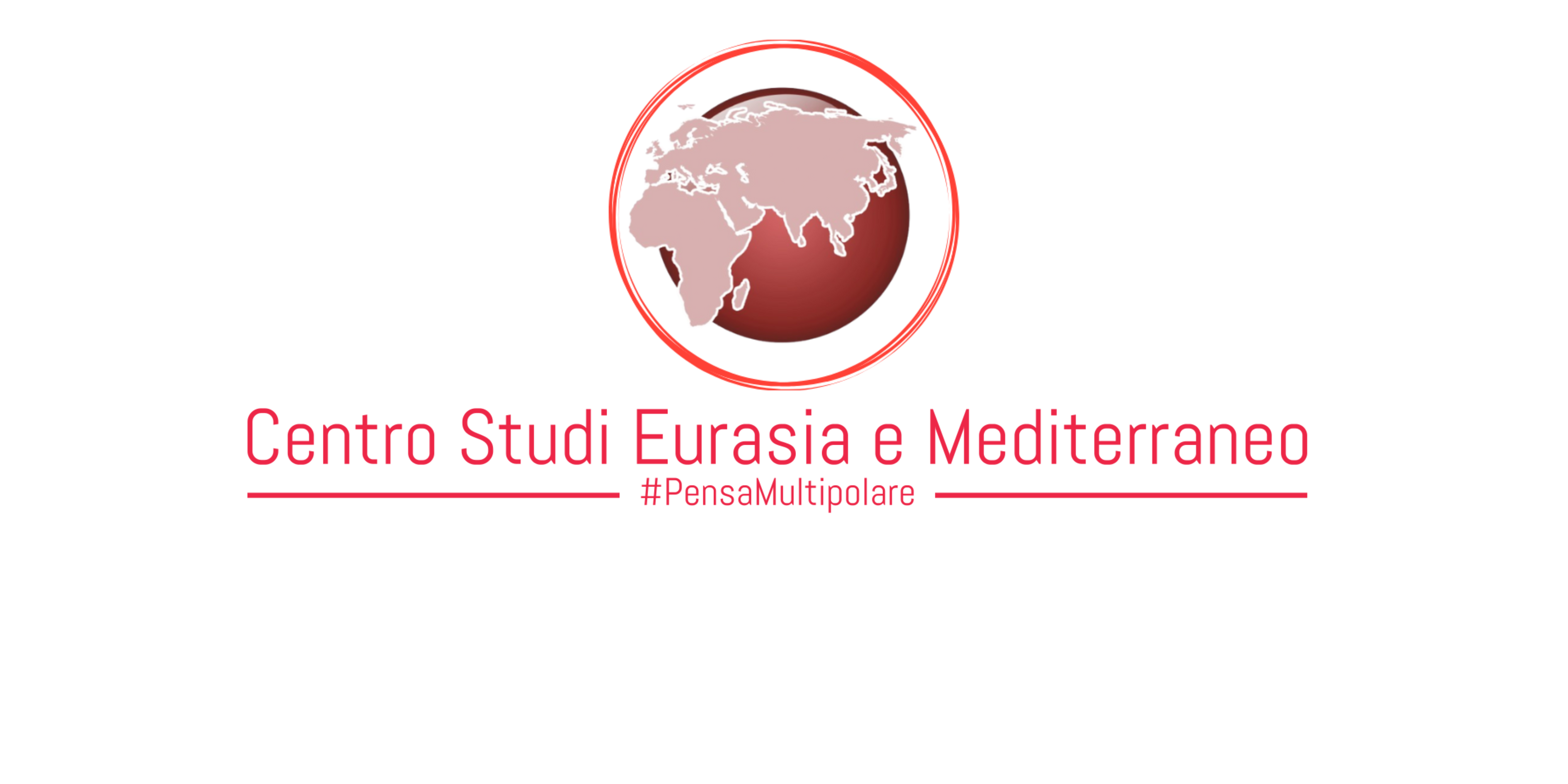


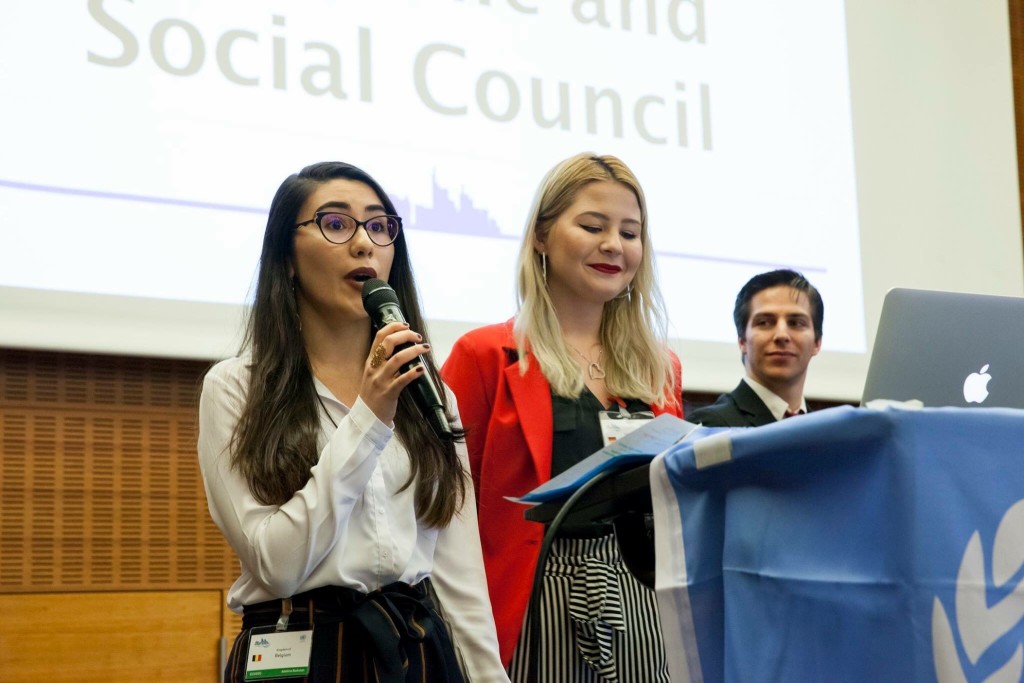

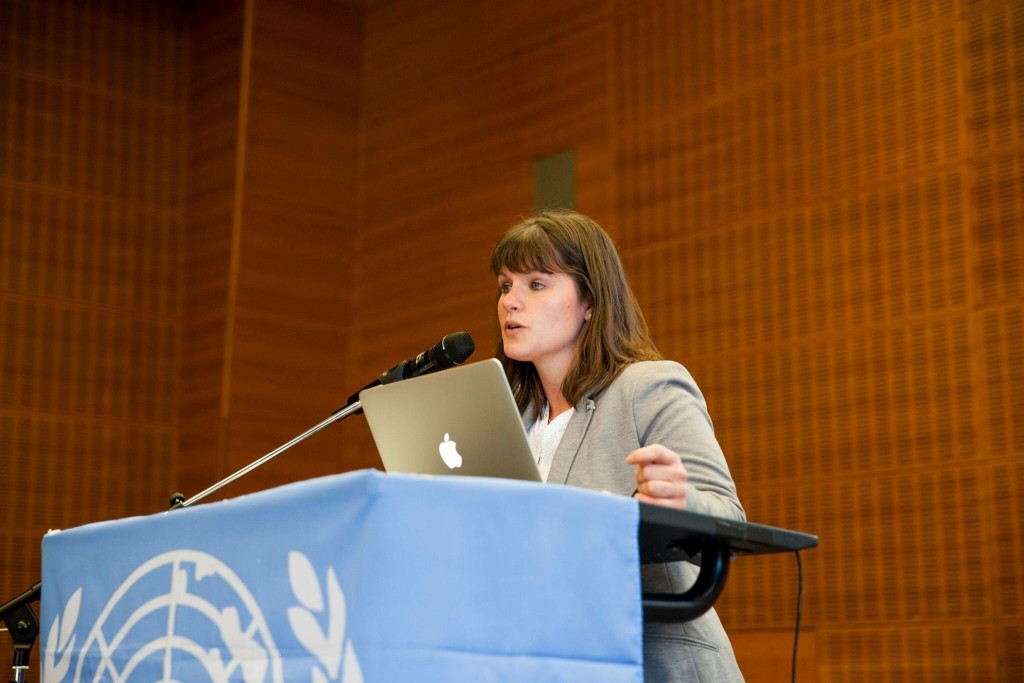


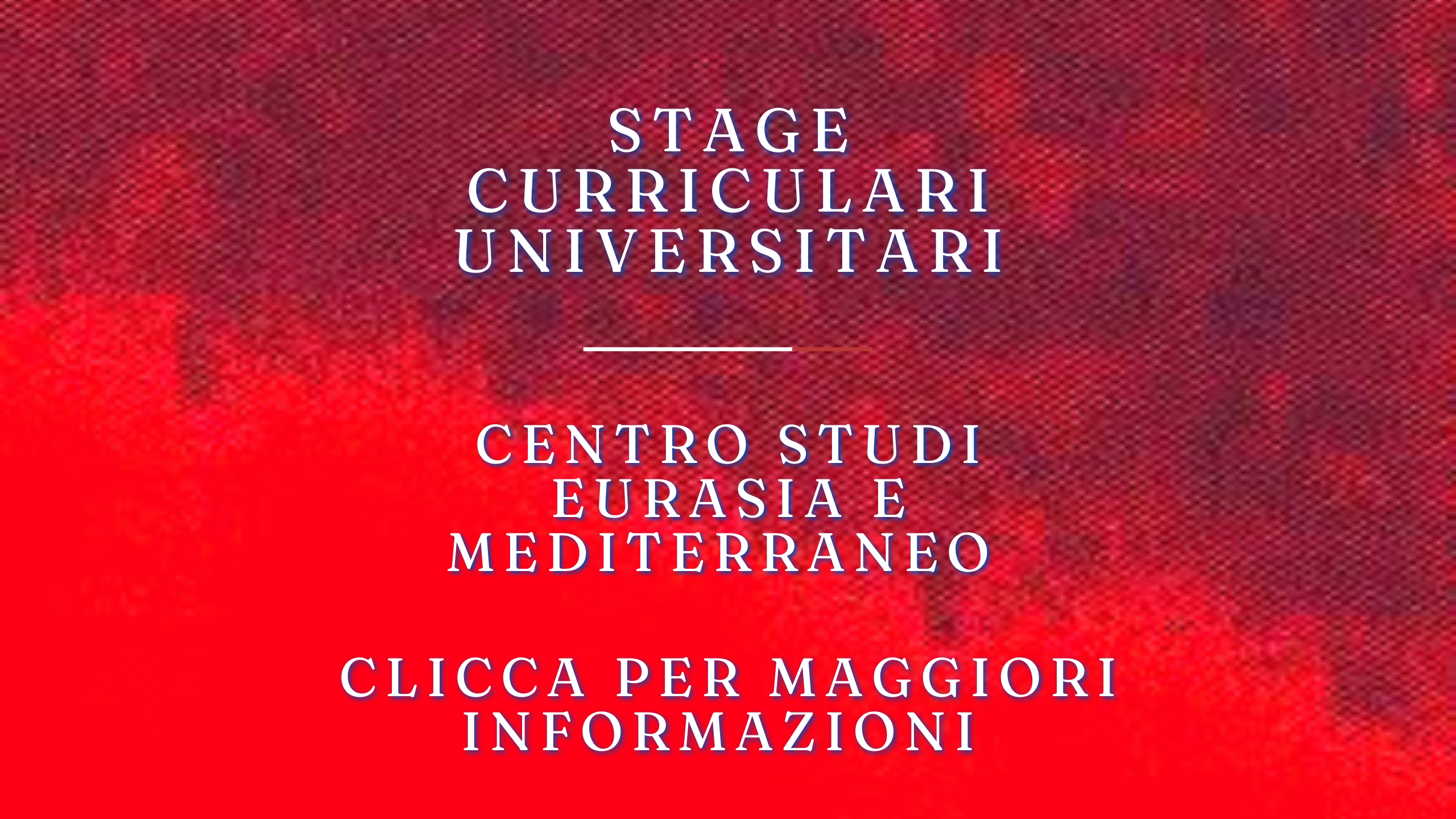
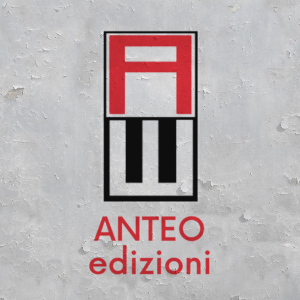
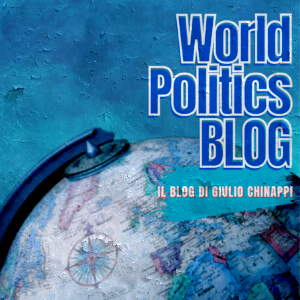
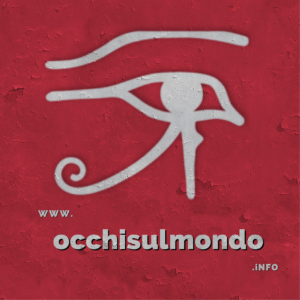


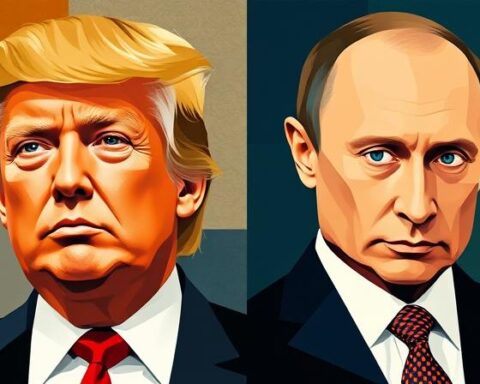

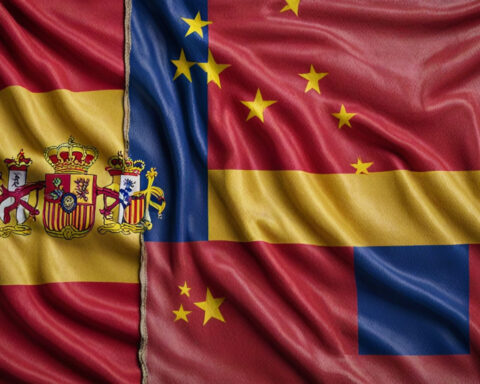




Il CeSE-M sui social